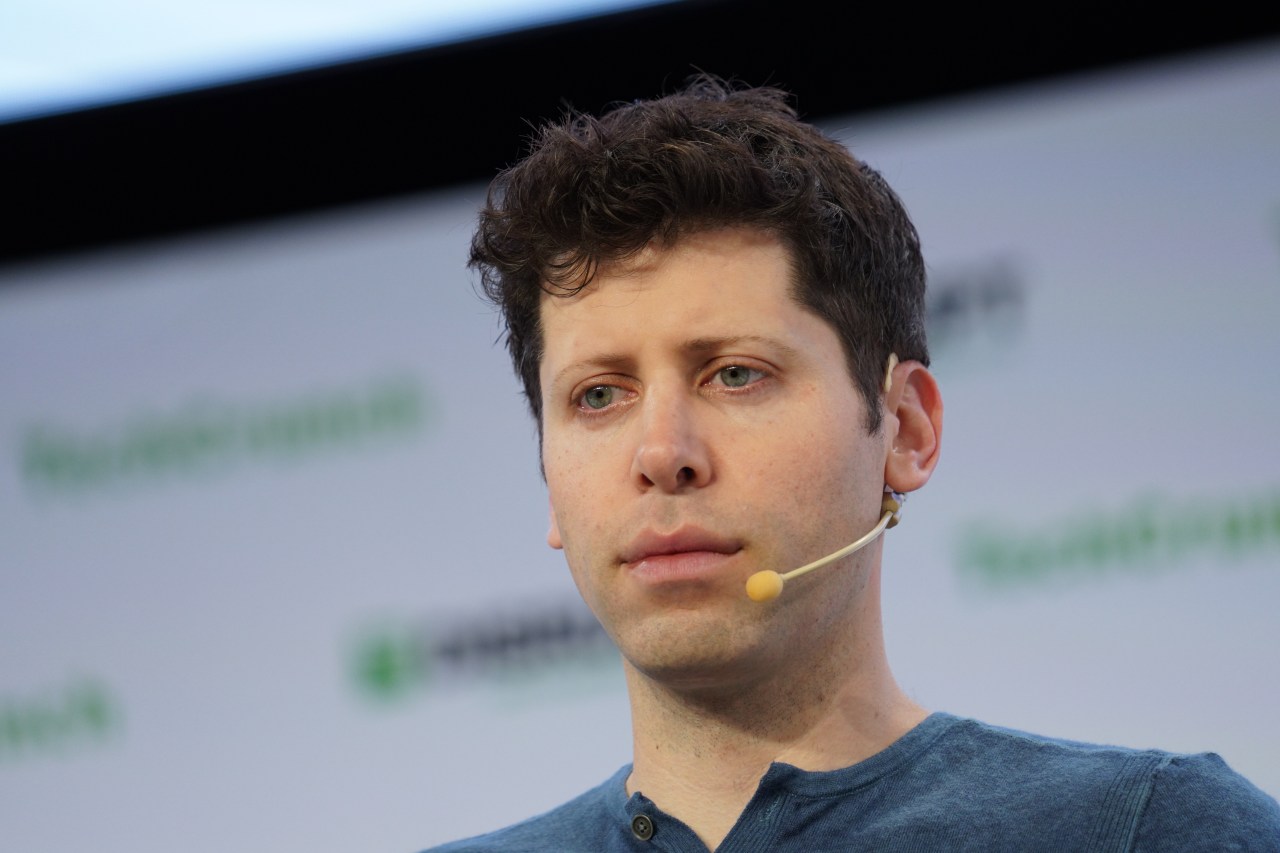In an era where artificial intelligence is redefining creative and operational landscapes, OpenAI has recently made headlines with an initiative that has piqued the interest of enterprises utilizing its innovative products. Dubbed the “Copyright Shield,” OpenAI’s new program aims to fortify business customers against potential copyright infringement claims arising from their use of its generative AI services. But what does this mean for organizations venturing into the world of AI? Let’s delve deeper into the nuances of this groundbreaking initiative.
The Genesis of Copyright Shield
As generative AI tools gain traction, the specter of copyright infringement looms larger. Businesses, especially those reliant on AI-generated content, have expressed growing concern over Intellectual Property (IP) risks associated with such technologies. OpenAI has responded to these apprehensions by rolling out a safety net in the form of the Copyright Shield program.
Through this program, OpenAI commits to covering the legal costs for customers who employ its enterprise offerings, like ChatGPT Enterprise, when facing lawsuits tied to intellectual property claims. This step is particularly significant, considering the uncertain legal landscape surrounding AI-generated content—a field that is still very much in development.
What Does Copyright Shield Cover?
This protective umbrella primarily focuses on customers utilizing the “generally available” features of OpenAI’s platforms. However, a notable caveat exists: users engaged with free or Plus tiers of ChatGPT may not be afforded the same protections, raising questions about equity among OpenAI’s user base. Furthermore, while OpenAI emphasizes its commitment to safeguarding clients, the intricacies surrounding data training indemnity remain murky.
- Legal Costs Coverage: OpenAI will cover legal expenses for copyright claims against work generated by its tools.
- Limited Scope: Current protections are exclusive to specific tiers, leaving room for confusion among users who do not fall under this umbrella.
- Data Training Uncertainty: It remains unclear if the indemnity extends to claims regarding the training data used for AI models, which could further complicate litigation scenarios.
The Broader Context: Industry Response
The introduction of Copyright Shield aligns OpenAI with several other major players in the AI space. Companies such as IBM, Microsoft, and Adobe have also announced indemnity policies aimed at protecting their customers against IP claims. This trend reflects a broader recognition of the inherent risks associated with generative AI technologies.
A recent survey by Acrolinx highlighted the intensifying concern among Fortune 500 companies regarding intellectual property issues in the context of AI. Approximately one-third of respondents identified this as their foremost worry, while another poll indicated that a staggering 90% of developers prioritize IP protection when integrating generative AI tools into their workflows.
The Future of AI and Copyright
As OpenAI continues to navigate the complex landscape of copyright and intellectual property rights, the organization has revealed its commitment to not only defending its customers but also enhancing built-in copyright safeguards within its systems. This move may pave the way for more secure AI-driven innovations in the business arena.
The implications of generative AI on copyright law are bound to evolve, affirming the necessity for ongoing dialogue around ethical AI usage and the legal frameworks supporting it. OpenAI’s proactive stance underscores its recognition of these challenges and its intent to protect its users, making it an important case study in the growing field of AI ethics.
Conclusion
OpenAI’s Copyright Shield is a significant step forward, addressing the pressing concerns businesses have regarding IP risks in the burgeoning world of AI. By promising to defend its customers against copyright claims, OpenAI not only enhances its service offerings but also reinforces a growing industry norm focused on protecting user rights in AI applications. As this landscape continues to evolve, monitoring the interplay between technology, copyright law, and business practices will remain crucial.
For more insights, updates, or to collaborate on AI development projects, stay connected with fxis.ai.
At fxis.ai, we believe that such advancements are crucial for the future of AI, as they enable more comprehensive and effective solutions. Our team is continually exploring new methodologies to push the envelope in artificial intelligence, ensuring that our clients benefit from the latest technological innovations.

